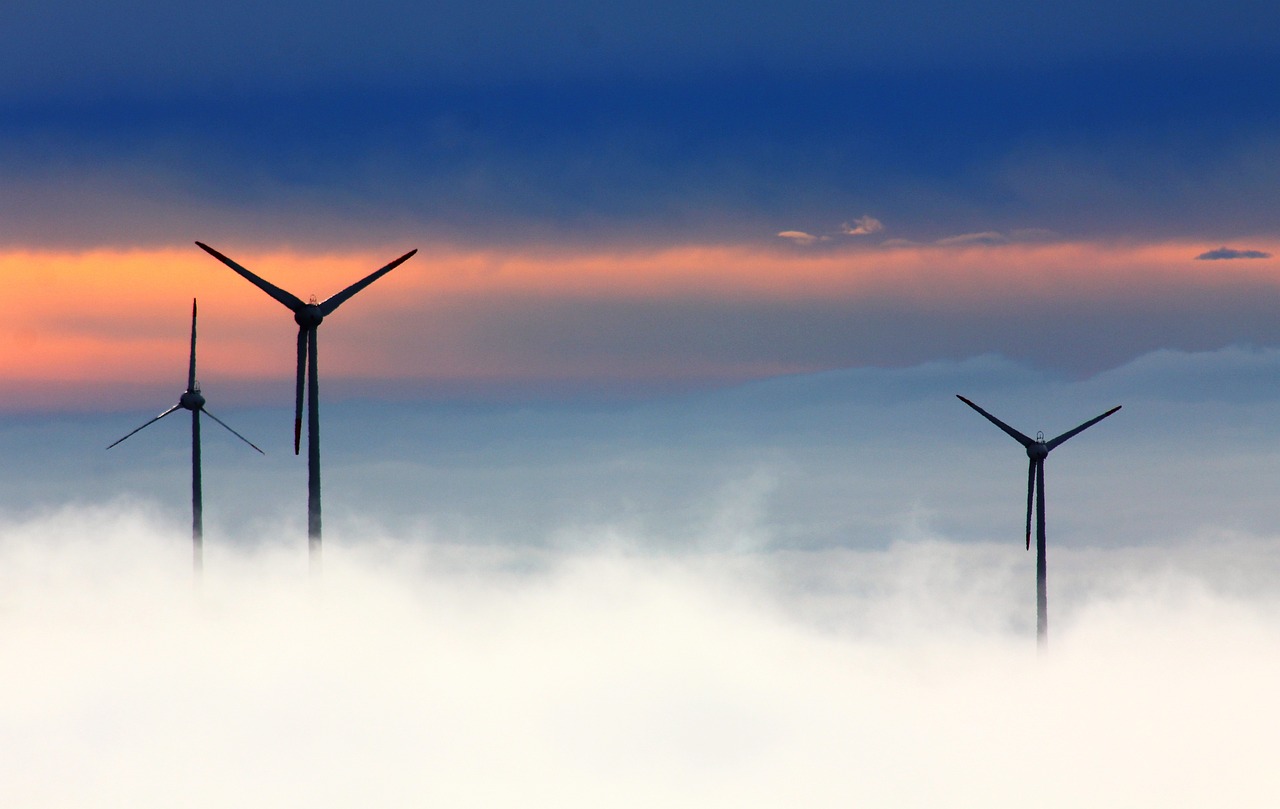
Wind turbines could pose a national security risk
The Swedish Armed Forces have warned that the densely deployed wind farms, with thousands of turbines along Sweden's coastline, could make it impossible to defend the nation militarily.
The Swedish Armed Forces primarily view the filling of the Baltic Sea coastal strip with wind turbines as something incompatible with national security, especially with the threat from Russia in mind. „This is a very serious problem. It reduces our ability to respond to threats and makes it more difficult to alert the population,” stated Lieutenant General Carl-Johan Edstrom, Chief of Defence Staff, in a statement to national television, highlighted by the Swedish Samnytt news site.
The report indicates that wind farms could impair the navy’s real-time operational capacity and „severely compromise” the defence monitoring system’s line of sight. This raises the risk of Sweden being taken by surprise in a Pearl Harbour-style attack, if an assault were to occur.
For example, detecting cruise missiles fired at Sweden could take significantly, even minutes, longer. This delay greatly reduces the chance of intercepting the missiles and raises the likelihood that they will strike their intended targets, potentially causing Swedish casualties and extensive material damage.
In addition, both the wind turbine towers and blades emit strong radar signals and other forms of interference, disrupting underwater defence sensors. This interference could enable enemy submarines to penetrate Swedish waters undetected, allowing them to attack ships, for instance.
„This is unacceptable given the current threats towards Sweden, and our responsibility to the nation,” Carl-Johan Edström said.
A choice between green transition and national security
Sweden’s defence ministry has issued a report concluding that the conditions are „unfavourable for wind energy expansion” across much of the Baltic Sea if Sweden intends to maintain its defence capabilities in the future.
This assessment applies to the entire maritime area from Aland in the north of the Baltic to Oresund, in the southwest.
According to Mr. Edström, it is a political misconception to believe that „large-scale wind farms and Sweden’s military defence capabilities can coexist.” A choice must be made: continuous green transition or national security.
The Swedish Armed Forces are now demanding to be involved from the earliest stages of the planning process, before any political decision is made regarding the expansion of wind energy.
Whether offshore wind farms get the green light rests with the government. So far, Defence Minister Pal Jonson has refrained from promising to relinquish exclusive planning and decision-making rights, but he has added that the views of the Armed Forces will be taken into account.
Tags:

